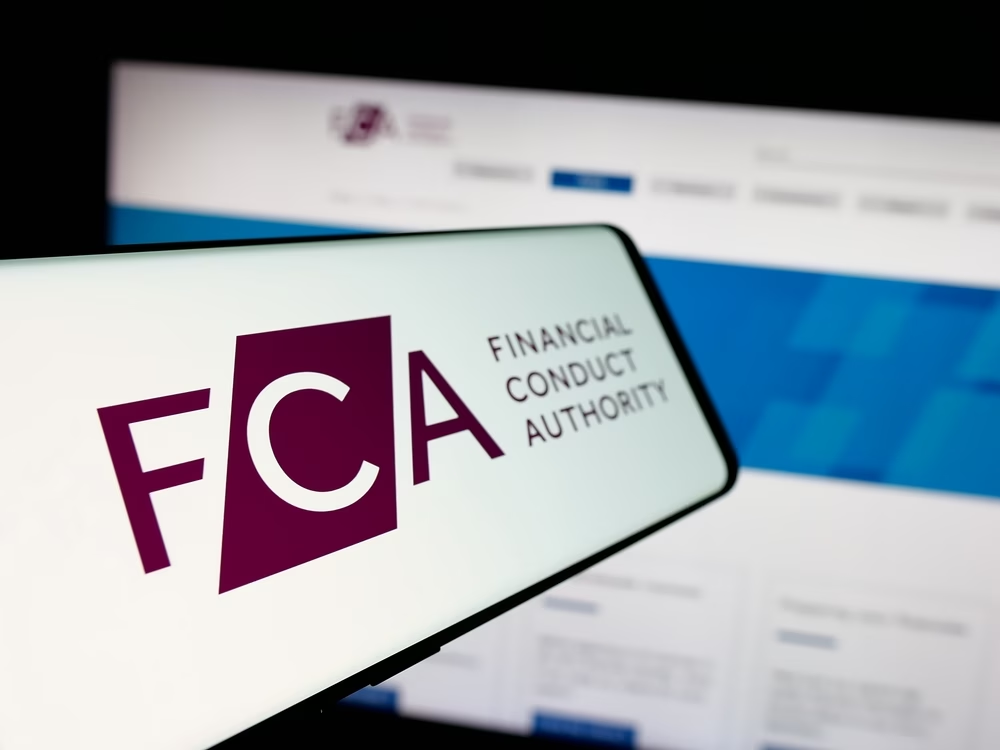The world of money is changing fast, and nowhere is that more true than with crypto. For a while, it’s felt like the Wild West, with a lot of excitement but also a lot of unknowns. Well, the UK’s financial watchdog, the Financial Conduct Authority (FCA), is stepping up to bring some order to the chaos.
They’ve just released two big papers and are asking for your thoughts. Think of these papers as their latest plan to build a clear rulebook for crypto, especially for stablecoins (which are like crypto tied to real money) and crypto custody (how your digital assets are looked after). This isn’t just about putting brakes on things; it’s about making the UK a safe and exciting place for crypto innovation to thrive.
Why All the Fuss About Crypto Rules?
For too long, crypto has been in a bit of a grey area. That’s meant a lot of guesswork for businesses and some real risks for everyday folks. The FCA’s new plans are all about fixing this. They want to bring key crypto activities under the same kind of rules we have for traditional banks and financial services, but in a way that still makes sense for digital assets. It’s about bringing clarity and trust, so the UK can truly be a global leader in responsible crypto.
The FCA hasn’t just cooked these ideas up overnight. They’ve been on a journey, talking to loads of people in the crypto world, academics, and consumer groups. This whole process, which they call their “Crypto Roadmap,” has been about getting everyone’s input. The ideas you see now are a direct result of those earlier chats.
The UK government wants a crypto rulebook that’s both thorough and fair. They already laid some legal groundwork back in April, and now the FCA, as the main regulator, is turning those intentions into real, practical rules.
Stablecoins and Keeping Your Crypto Safe: What’s Changing? (CP25/14)
The first paper, CP25/14, focuses on two big areas: how “qualifying stablecoins” are issued and how “qualifying cryptoassets” (including stablecoins) are kept safe. The FCA sees huge potential in stablecoins, especially those linked to currencies like the pound or dollar, to make payments faster and cheaper. But they also know there are big risks if things aren’t handled properly.
If you’re an issuer of stablecoins, here’s what the FCA is proposing:
- Real Money Backing: Stablecoins will need to be backed by solid, easy-to-sell assets (like cash or short-term government bonds). These assets must be held separately by a trusted third party. This means if something goes wrong with the stablecoin issuer, your money is still protected.
- Easy Redemption: You should be able to swap your stablecoins for actual money at the same value, quickly. The goal is for payment orders to be handled by the end of the business day. This is a big win for you, ensuring you can always turn your digital money back into traditional cash.
- Clear Information: Stablecoin issuers will have to be very clear about how you can redeem your stablecoins and exactly what assets are backing them. This means you’ll have all the info you need to make smart choices.
- Full Authorisation: Instead of just registering, stablecoin issuers will need full authorisation from the FCA. This means much closer supervision and playing by a wider set of rules, just like other regulated financial companies.
And if you’re a company that holds crypto for others (a “custodian”), here’s what’s on the table:
- Protecting Your Assets: Companies holding your crypto will have to keep it separate, essentially in a trust, so it’s safe even if the company itself runs into trouble.
- Good Records: They’ll need to keep super accurate records of all your crypto holdings.
- Strong Security: Custodians will have to put in place strong security and management systems to protect your crypto from being lost, stolen, or misused. Think top-notch cybersecurity.
- Always Accessible: Your crypto should be effectively secured but also easily available to you whenever you need it.
Making Crypto Firms Financially Strong: The Money Rules (CP25/15)
The second paper, CP25/15, is all about making sure crypto firms, especially those issuing stablecoins or holding your crypto, have enough financial muscle to handle bumps in the road. This is called “prudential regulation,” and it’s about protecting you and the market by making sure firms are financially stable.
Here’s a peek at what’s being suggested:
- Enough Capital: Crypto firms will need to have a certain amount of their own money set aside. This is like a safety net to cover unexpected losses. They’ll likely have a minimum amount they need to hold, plus an additional amount based on their general running costs.
- “K-factor” Rule: The FCA is looking at a smart way to figure out how much capital a firm needs based on the specific risks of its crypto activities. This means the rules can be tailored to fit how crypto businesses actually work.
- Liquid Assets: Firms will also need to hold enough easy-to-sell assets (like cash) to cover their short-term bills and any requests from customers to redeem their stablecoins.
- Watching for Risk: They’ll be keeping a close eye on “concentration risk,” which means making sure too much of a firm’s business isn’t tied up in one place or with one client. This helps prevent big problems if one area goes south.
- New Rulebook: The FCA plans to create a brand-new rulebook just for crypto firms, probably called “CRYPTOPRU.” This will make it super clear what rules apply to them.
Keep in mind, this is just the first step for these financial strength rules. The FCA has more coming, including rules for crypto trading platforms and staking services.
Finding the Sweet Spot: Innovation and Protection
The FCA’s whole philosophy with crypto is about walking a tightrope: encouraging cool new ideas while also keeping things safe and sound. David Geale, a big boss at the FCA, has said they’ve “long supported innovation that benefits consumers and markets.” He admits crypto is “largely unregulated in the UK” right now, and they want to “strike a balance in support of a sector that enables innovation and is underpinned by market integrity and trust.”
This means they want to stop firms from failing and lessen the damage if they do, but without stifling all the exciting new tech. In fact, the FCA is even planning to give special support to stablecoin innovation through its existing “innovation services.”
Working Together: FCA and the Bank of England
Another key part of the UK’s crypto plan is how well the FCA and the Bank of England (BoE) are working together. Sarah Breeden, a top official at the Bank of England, has given a thumbs-up to the FCA’s plans. She also mentioned that the BoE will put out its own paper later this year for stablecoins that are expected to be used on a really big, systemic scale. This team effort ensures that both the day-to-day conduct (FCA) and the big-picture financial stability risks (BoE) of crypto are covered.
What’s Next for Crypto Businesses?
You’ve got until July 31, 2025, to give your feedback on both papers. This is a huge chance for anyone involved in crypto – businesses, lawyers, academics, even regular users – to have their say and help shape the final rules. The FCA is generally pretty good at listening and adjusting its plans based on good feedback.
If you’re in the crypto space in the UK, or thinking of getting into it, here’s what you should do:
- Read the papers carefully: Understand exactly what’s being proposed and how it might affect your business.
- Check your readiness: See if your current systems and ways of working stack up against the new proposals.
- Speak up: Don’t be shy about submitting your thoughts, concerns, or alternative ideas during the consultation. This is your chance to make a difference.
- Stay tuned: The FCA has more rules coming down the pipeline, covering things like trading platforms and staking.
The FCA hopes to have the final rules ready in 2026, with the new system kicking in soon after. It’s an ambitious timeline, but it shows how serious the UK is about getting this right.
Conclusion
The FCA’s new proposals are a big deal. They show a really thoughtful approach to bringing stablecoins and crypto custody into the financial mainstream. By focusing on protecting you, keeping the market honest, and supporting innovation, the FCA is building a solid foundation for the UK’s crypto future.
This consultation is a crucial moment for everyone involved. Your input can help create rules that are truly fit for the digital age. The world will be watching as the UK continues to lead the way in crypto regulation.

